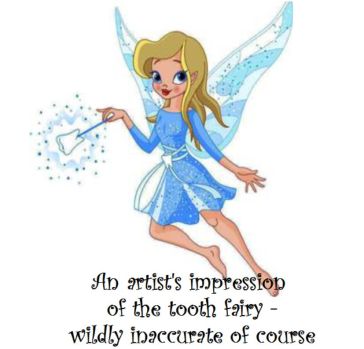
I heard Richard Dawkins speak at the Edinburgh Book Festival recently. He suggested that the best way to understand views that are the opposite of one’s own is to study them for oneself. He was then asked by a smart-alec in the audience, that if this was so, how many works of theology he had read. Dawkins responded by saying he wouldn’t waste his time reading ‘pure theology’ because, in discussing the nature of God or the Trinity or the mechanics of the Resurrection, theology presupposes that the supernatural is real. As there is no evidence it is, there is no point in reading books the sole purpose of which is to discuss the nuances of the non-existent.
It was a good answer. There is no such thing as intellectual Christianity (or Judaism or Islam, or any religion.) No matter how complex the arguments become, they are essentially ones about nothing. Debates about theological matters, within and between the many versions of Christianity, are, as I’ve said before, as relevant as arguments about the colour of the tooth fairy’s dress.*
*Actually she wears a white dress to symbolise healthy teeth. I know this because of my deeply held faith and personal experience of tooth fairies.

ah, yes, the claim of “sophisticated theology”, that theists claim everyone must be an expert in before knowing for sure their bogeyman doesn’t exist.
LikeLike
It doesn’t matter how much they intellectualise their superstition, it’s still a superstition (not unlike that old saying about polishing a turd.)
LikeLike
that is true. Having been a Christian, I went through that phase, trying to rationalize that the bible could be wrong, and Christians could be wrong, but there *had* to be a god and coming up with pretty much what all Christians come up with, god in my image and as vague as I could make it so it would make sense with reality.
LikeLike
Of course in the end it doesn’t – make sense that is. All notions of God are, ultimately, incompatible with reality.
LikeLike